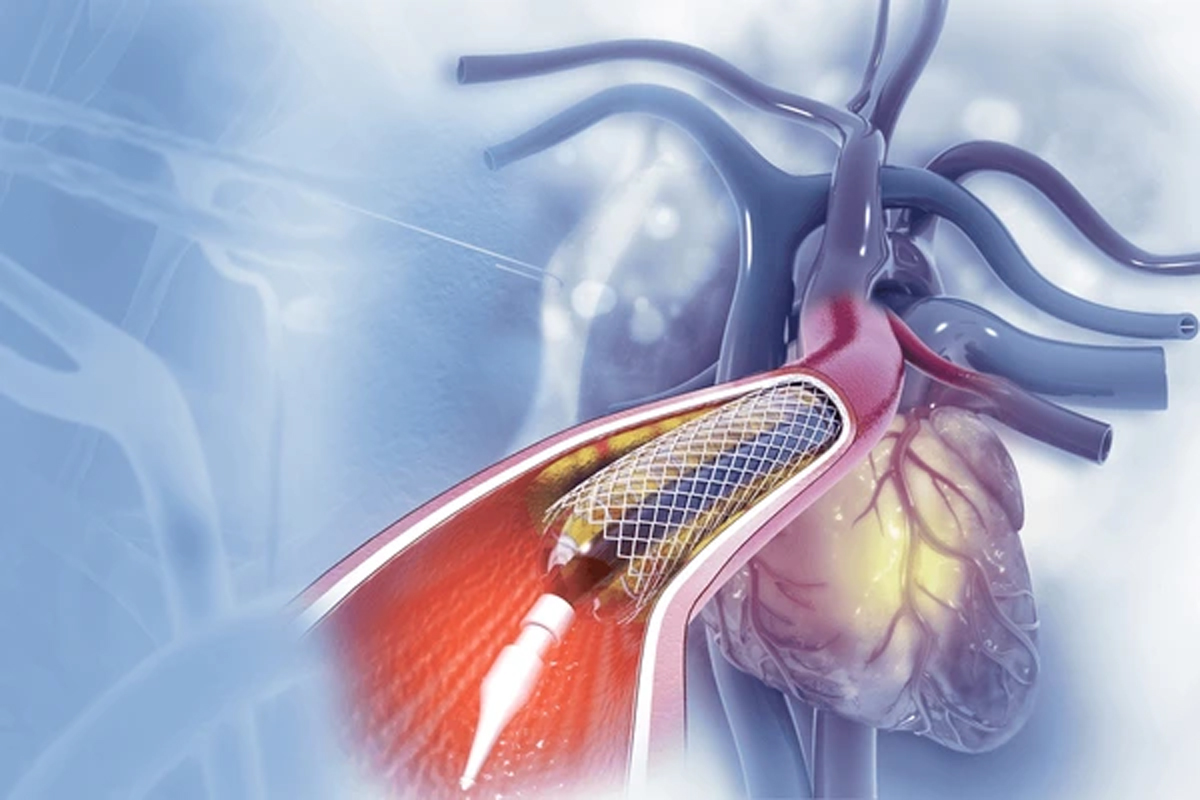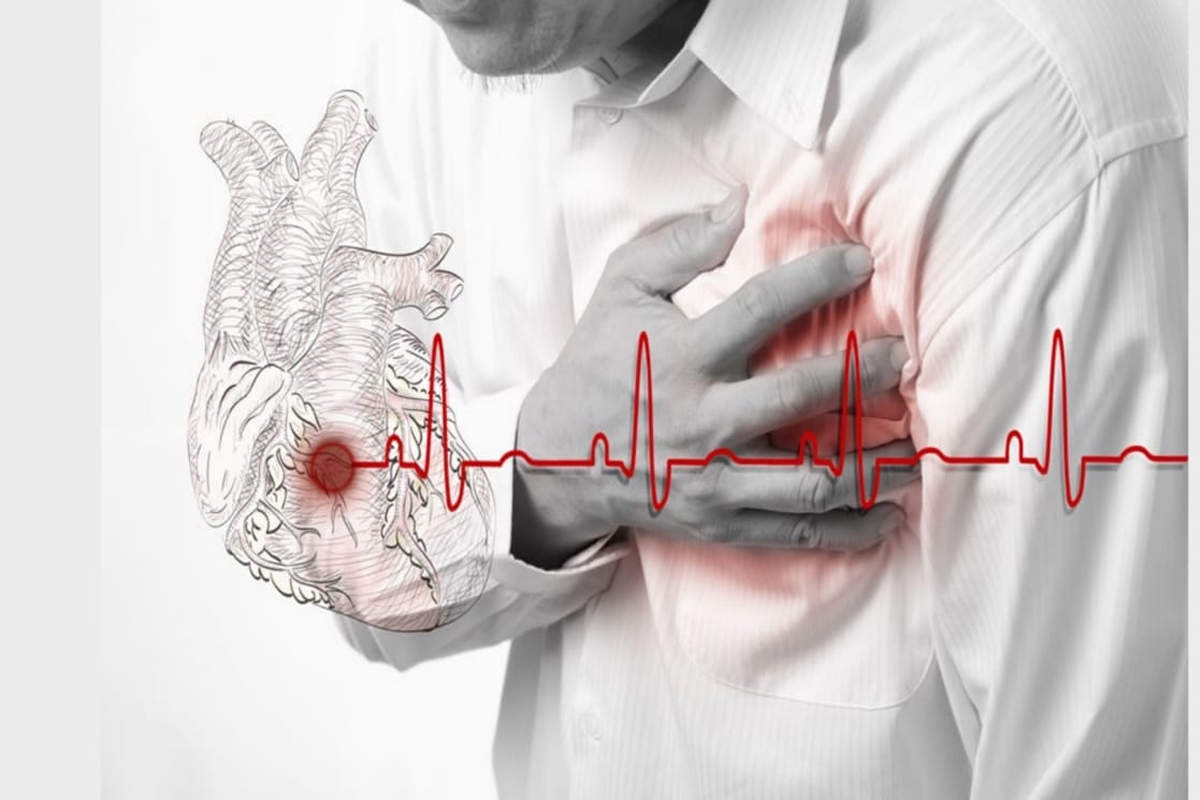
Winter and Heart Health: Why Cold Weather Affects Your Heart and How to Stay Safe
By in Cardiology Interventional Cardiology
Dec 27, 2024
As winter rolls in, many people look forward to the holidays, cozy nights by the fire, and the beauty of snow-covered landscapes. However, the cold weather can pose serious risks to heart health. Understanding how winter impacts your cardiovascular system and taking preventive measures can help keep your heart safe during the colder months.
Also Read: Preventing Heart Attacks in Cold Weather: Essential Tips for Winter
How Cold Weather Impacts Heart Health
Cold temperatures can affect your cardiovascular system in several significant ways. In cold weather, your body naturally works to conserve heat, causing blood vessels to constrict. This constriction can increase blood pressure & heart rate, putting additional strain on the heart. For individuals with pre-existing heart conditions, this added stress can trigger serious health issues, including heart attacks.
Furthermore, winter often brings about lifestyle changes that can negatively affect heart health. People tend to become less active during colder months, leading to weight gain and increased cholesterol levels. Seasonal affective disorder (SAD) can also contribute to depression and anxiety, which are known risk factors for heart disease.
Also Read: Recognizing Silent Heart Attack Signs in Winter: What You Need to Know
Understanding the Risks
- Increased Blood Pressure: Cold weather causes blood vessels to narrow, resulting in higher blood pressure High blood pressure is a key contributor to the risk of heart attacks and strokes.
- Reduced Physical Activity: Many individuals become sedentary during winter, opting for indoor activities that often involve less movement. This reduction in physical activity can lead to weight gain and negatively impact heart health.
- Dietary Changes: Winter cravings often lead to an increase in comfort foods that are high in fat and sugar. Overindulgence in these foods can raise cholesterol levels and contribute to heart disease.
- Stress and Mental Health: The winter months can bring about feelings of isolation and sadness. Mental health issues like depression can lead to poor lifestyle choices, including neglecting physical activity and healthy eating.
Also Read: Managing High Blood Pressure in Winter: Seasonal Tips for Heart Health
How to Stay Safe During Winter
- Dress Warmly: Layer your clothing to maintain body heat and protect against the cold. Wearing hats, gloves, and scarves can help keep your extremities warm and reduce overall heart strain.
- Stay Active: Engage in indoor exercises like yoga, swimming, or using gym equipment. If you go outside, try brisk walking or snowshoeing, but always warm up before engaging in physical activity in the cold.
- Monitor Your Blood Pressure: Regularly check your blood pressure, especially if you have a history of hypertension. Understanding your numbers enables you to take better control of your heart health.
- Eat a Heart-Healthy Diet: Focus on consuming a balanced diet rich in fruits, vegetables, whole grains, and lean proteins. Limit your intake of high-fat & sugary comfort foods. Consider incorporating heart-healthy fats, like those found in fish and nuts.
- Stay Hydrated: Dehydration can occur in winter just as easily as in summer. Drink plenty of fluids & consider warm beverages to help maintain hydration levels.
- Manage Stress: Practice relaxation techniques such as meditation, deep breathing exercises, or spending time with friends and family. Staying socially connected can help alleviate feelings of loneliness and depression.
- Be Cautious with Snow Removal: Shoveling snow can be strenuous and dangerous for your heart. If you have heart issues, consider hiring someone to do this physically demanding task. If you must shovel, take frequent breaks & avoid overexertion.
- Know the Signs of a Heart Attack: Familiarize yourself with the symptoms of a heart attack, including chest pain, shortness of breath, and discomfort in the arms, back, neck, or jaw. If you or someone nearby shows these symptoms, get medical help right away.







